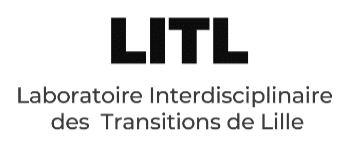Adaptive and personalized behavior is becoming essential and desirable in Human-Robot Interactive systems. We are interested in adaptive robots that learn from interaction traces (previous interactions with users). Our proposal is based on types of interactions where users express their level of satisfaction through feedback. Indeed, depending on the situation of interaction and the user himself, the robot behavior should adjust, and therefore can be judged, differently. From interaction traces (including robot actions and users’ feedback), we aim to extract textit{adaptation rules} that give the dependencies between certain attributes of the interaction situation and/or the user profile, and the level of user satisfaction. We propose two learning algorithms to learn these adaptation rules. The first algorithm is direct, certain and optimal but slow to converge. The second is able to detect the importance of certain attributes in the adaptation process. It generalizes adaptation rules on unknown situations and to first time users, which makes it an approach with risk. We detail in this paper, our proposed model, both learning algorithms, and an evaluation of the learned rules from both algorithms by simulations and through a scenario with real users.
[hal-01313168] Learn to Adapt based on Users’ Feedback
- Non classé
- 5 avril 2024
- By Tom Seigneur
0 Comments
